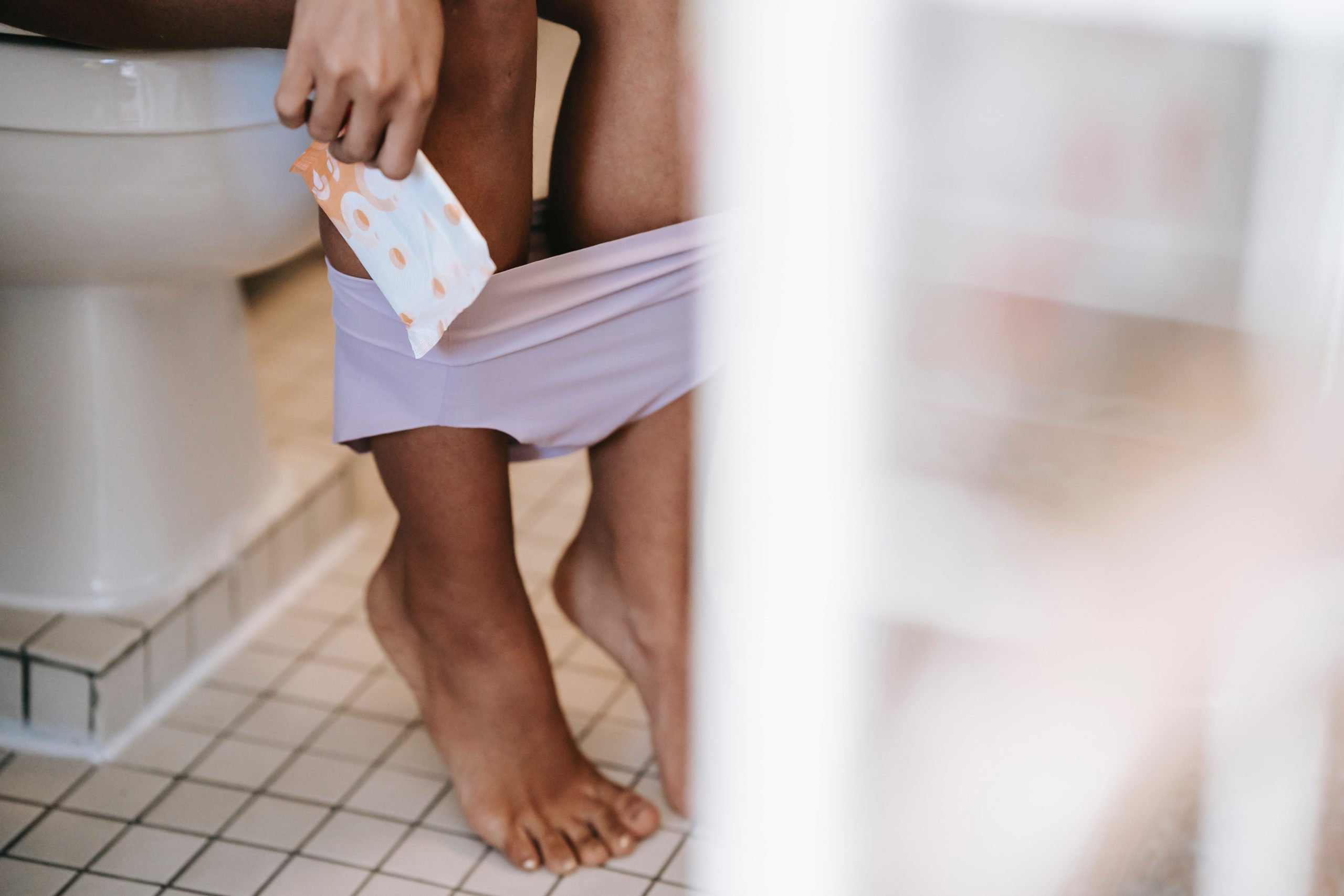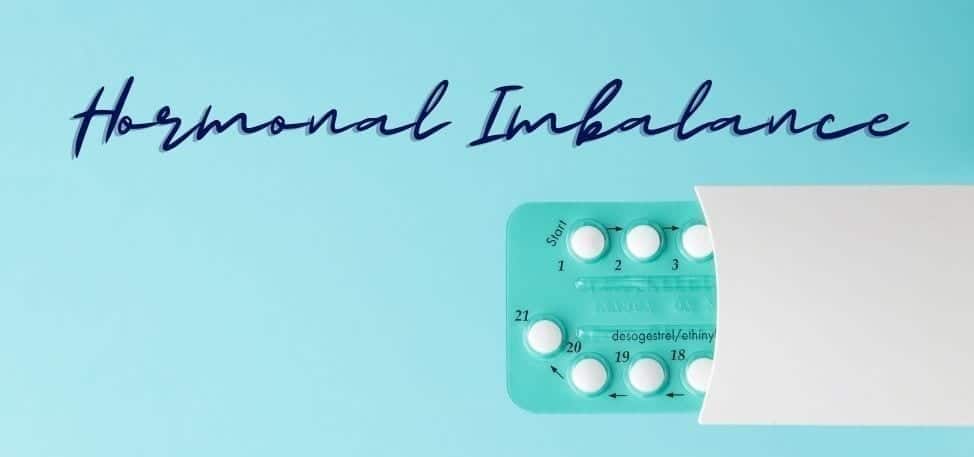
Whether you’ve got a brand-new baby, a full-on career, family worries, financial woes or you’re always busy – chances are you’re not getting enough sleep. We should be getting 7-9 hours of sleep per night, but it’s harder than you think. We all have a daily awake/sleep cycle based on our circadian rythms – our internal body clock which sends signals to our body telling us when to wake or fall asleep. From time to time, it’s good to assess our habits to see if we need a sleep-reset. Here are our Selfish Darling sleep secrets to help you get more Zzzzzzzzz.
There are plenty of studies to show that exercise improves the quality of your sleep and helps you stay asleep for longer. Exercise also reduces stress, so if it’s stress that’s keeping you tossing and turning, consider some aerobic exercise like going for a bike ride or a daily brisk walk.
There are also studies which show exercising too close to bed can negatively affect your sleep by pumping adrenaline into your body, raising your body temperature and increasing your heart rate just when you need to be winding down. Try not to exercise any later than 8pm or three hours before you plan to sleep.
Sleep Secret – Studies show that exercise may not have an immediate effect on sleep, so if you’ve started to exercise, give it weeks or even a month to see the positive effects on your sleep habits.
What can you see when you look around your bedroom? Your room should be as relaxing as possible, so looking at a desk and all the work you have to do in the morning does not promote a good night’s sleep. Try to move desks, laundry piles and clutter out of view (or better still in another room) so you don’t fall asleep thinking about your to-do list. Your room shouldn’t be too hot – studies have shown somewhere between 16-18 degrees is the ideal temperature for the most restful sleep. If your room is hotter than this, check your duvet isn’t too warm and vice versa if it’s a cold draughty room. Think of your room as your sanctuary – great bedlinen, calming colours and a good mattress will all help to get more sleep.
Sleep Secret – the position you sleep in will determine which pillow is best for you. If you sleep on your tummy, look at a softer pillow to support your head, and if you sleep on your side you may prefer a firmer pillow. We all swap positions during the night, so whilst there aren’t any rules – make a note of any great night’s sleep you’ve had in other people’s houses and copy their pillow style!
Light plays a huge role in making sure we get quality sleep. Too much light during the night, whether it’s from electronic devices, cracks in the curtains or leaving lights on can hinder you having a deep and restorative sleep. Any light that seeps through during the night is telling your body the sun is up and it’s time to wake, this in turn supresses your melatonin levels making it harder to fall back asleep. Try to keep your room as dark as possible and only leave a small landing light on so you don’t stumble on the way to the loo. Invest in a black out blind if lots of light comes in from outside. Make sure bright alarm clocks aren’t shining straight into your face and move your phone well away from your bed.
Sleep Secret – get rid of glaring overhead lights and opt for warm/soft lighting. Lamps with shades that shield the light from your eyes create a restful atmosphere.
The circadian rhythm works well when you keep regular sleep habits; as it gets dark your eyes signal to your brain that it’s time to fall asleep, so watching TV right up until going to bed confuses your brain and keeps it wide awake. If you have the same bedtime routine of heading upstairs at the same time, drinking a milky drink or having a bath then reading; all these things are signalling to your brain that you are winding down and starting to think about going to sleep. Put a relaxing alarm on your phone to remind you to go to bed at a similar time each evening and start winding down for bed two hours before you intend to sleep. There’s no point in cramming the ‘relaxing’ part of your day into the ten minutes before bed. Give your body ample time to switch off.
Sleep Secret – Try the Sleep Well Milk Drink before bed, it’s made with Jersey milk, natural honey and valerian root – a herbal supplement that can help you to feel relaxed and fall asleep easily.
As part of your bedtime routine, put away your phone and reach for a book instead. A study by the University of Sussex found that reading for as little as six minutes can reduce stress, blood pressure and your heart rate. We suggest choosing a book that isn’t too challenging – a psychological thriller isn’t going to be as restful as a romantic novel.
Sleep Secret: Try The Flat Share by Beth O’Leary or Grown Ups by Marian Keyes – books you’ll want to go to bed for.
A study by the journal Sleep, recently found that drinking caffeine before bed doesn’t seem to affect how we fall asleep, how long we sleep or whether we wake up during the night as much as we thought. Good news if you like to have a coffee after dinner. In contrast to this, the study also found that whilst drinking alcohol four hours before bed can help you to fall asleep, it stops you from going into a deep sleep, so you never get the restful sleep your body needs. Add that to needing the toilet at night or being dehydrated from the alcohol and you’re left with a disrupted night’s sleep.
Sleep Secret – Nicotine (smoking or vaping) before bed can adversely affect your sleep; nicotine is a stimulant so can cause insomnia, an interrupted sleep and make it harder for you to fall asleep. If you can’t quit completely, avoid nicotine at least two hours before bed.
Back to the circadian rhythm – just as our bodies need darkness to promote good sleep at night, they also need lots of natural light during the day, particularly in the morning. Studies have shown that exposure to sunlight in the morning, especially 30 – 45 minutes after you’ve woken up, can promote better sleep at night. Having your morning coffee outside with the sun on your face will also give you a vitamin D boost too!
Sleep Secret – For winter months when daylight is in short supply, try a Wake-Up Clock, which has a sunrise clock which wakes you up gradually with a soft red glow, moving to a bright yellow just before the alarm sounds. The theory is you are pulled out of sleep gradually by the changing light mimicking the sun.
We’re all guilty of going to bed scrolling through texts, checking social media feeds and sending emails, even though we have an inkling it’s a bad idea. Listen to the inkling; a Harvard study found that phone-use before bed supresses sleep-producing melatonin levels, prolongs the time it takes to fall asleep and messes with REM sleep – the deep sleep our bodies need. Sadly, the study found that reading E-books on light-emitting devices had the same negative effects on sleep – so switch back to paperbacks for your bedtime read.
Sleep Secret – In a different study by the University of Colorado, researchers found that a weekend of camping without screens, TV, phones and artificial light did wonders for re-setting people’s natural circadian rhythms. A weekend camping outside saw Melatonin levels released 2.5 hours earlier than normal, so people felt sleepy earlier racking up 10 hours of sleep rather than the average 7. Great news for those about to embark on their first foray into camping.
Waking up in the middle of the night and not being able to fall back asleep is frustrating on many levels, not to mention the grumpy tiredness you’ll suffer the next day. Did you know that where you are in your monthly cycle can affect your sleep patterns? If you’ve followed the advice above (restful bedroom, cutting out alcohol before bed, keeping a bedtime routine) and you are still waking up at night, here are some more steps to take:
Mark in the diary where you are in your menstrual cycle, what you ate and activities you did each day. You can also mark down when you woke and fell asleep and what your bedtime routine was. Hopefully this will identify any patterns that take place leading up to nights of no sleep. It can also be helpful to make a note of the stress you felt on days you didn’t sleep. Stress is a massive factor in hindering sleep and identifying stressful situations that disrupted your sleep might help to predict when a bad night will occur again.
OK, we said no devices near the bed, but these apps can help promote sleep and relaxation:
Nosili – relaxing colours and ambient noise, great for when you are falling asleep (but there are also settings for relieving anxiety and sounds whilst you work).
Slumber – meditations and sleep stories to help switch your mind off before bed.
Calm – sleep stories, breathing exercises and calming music can help you fall asleep.
Sleep cycle – analyses your sleep patterns, plus has an intelligent alarm clock to gently wake you up.
This works pillow spray – spritz this restful combination of lavender, camomile and Vetivert on to your pillow before you sleep – £19.50 – this works
Rodial CBD sleep drops – massage these soothing and anti-inflammatory drops onto your face before bed – helps to hydrate your skin, promote skin cell regeneration and relieves visible signs of tiredness, stress and puffiness when you wake up. £45 From Rodial.
Bach Rescue Remedy Night Dropper – natural flower essence plus white chestnuts – drop a few drops on your tongue if you can’t sleep – £8.50
Neom Bedtime Hero Magnesium Body Butter – The mineral Magnesium is known to help promote sleep; this is combined with ylang ylang, chamomile and cedarwood to create a soothing body balm to smooth into your skin before bed. £36. From Neom

-


Dr Singh is the Medical Director of the Indiana Sleep Center. His research and clinical practice focuses on the myriad of sleep.

What are PMS and PMDD? Whether you’ve just started your period or have had it for years, you’ve probably experienced some physical symptoms and mood changes before it began. While you may have heard of PMS, most likely not in

Your period: The lowdown When it comes to menstruation, there aren’t different period stages, because your period is actually a part of the follicular phase. If you’re confused, don’t worry; we’ll explain more. For many women, the wording is where

What is hormonal imbalance? It is a simple way to say that your hormone levels are significantly higher or lower than what is expected for your age and the time of testing. Keep in mind that it is not a
Hormona© 2025, All Rights Reserved
Privacy Overview
| Cookie | Duration | Description |
|---|---|---|
| cookielawinfo-checkbox-analytics | 11 months | This cookie is set by GDPR Cookie Consent plugin. The cookie is used to store the user consent for the cookies in the category "Analytics". |
| cookielawinfo-checkbox-functional | 11 months | The cookie is set by GDPR cookie consent to record the user consent for the cookies in the category "Functional". |
| cookielawinfo-checkbox-necessary | 11 months | This cookie is set by GDPR Cookie Consent plugin. The cookies is used to store the user consent for the cookies in the category "Necessary". |
| cookielawinfo-checkbox-others | 11 months | This cookie is set by GDPR Cookie Consent plugin. The cookie is used to store the user consent for the cookies in the category "Other. |
| cookielawinfo-checkbox-performance | 11 months | This cookie is set by GDPR Cookie Consent plugin. The cookie is used to store the user consent for the cookies in the category "Performance". |
| viewed_cookie_policy | 11 months | The cookie is set by the GDPR Cookie Consent plugin and is used to store whether or not user has consented to the use of cookies. It does not store any personal data. |
